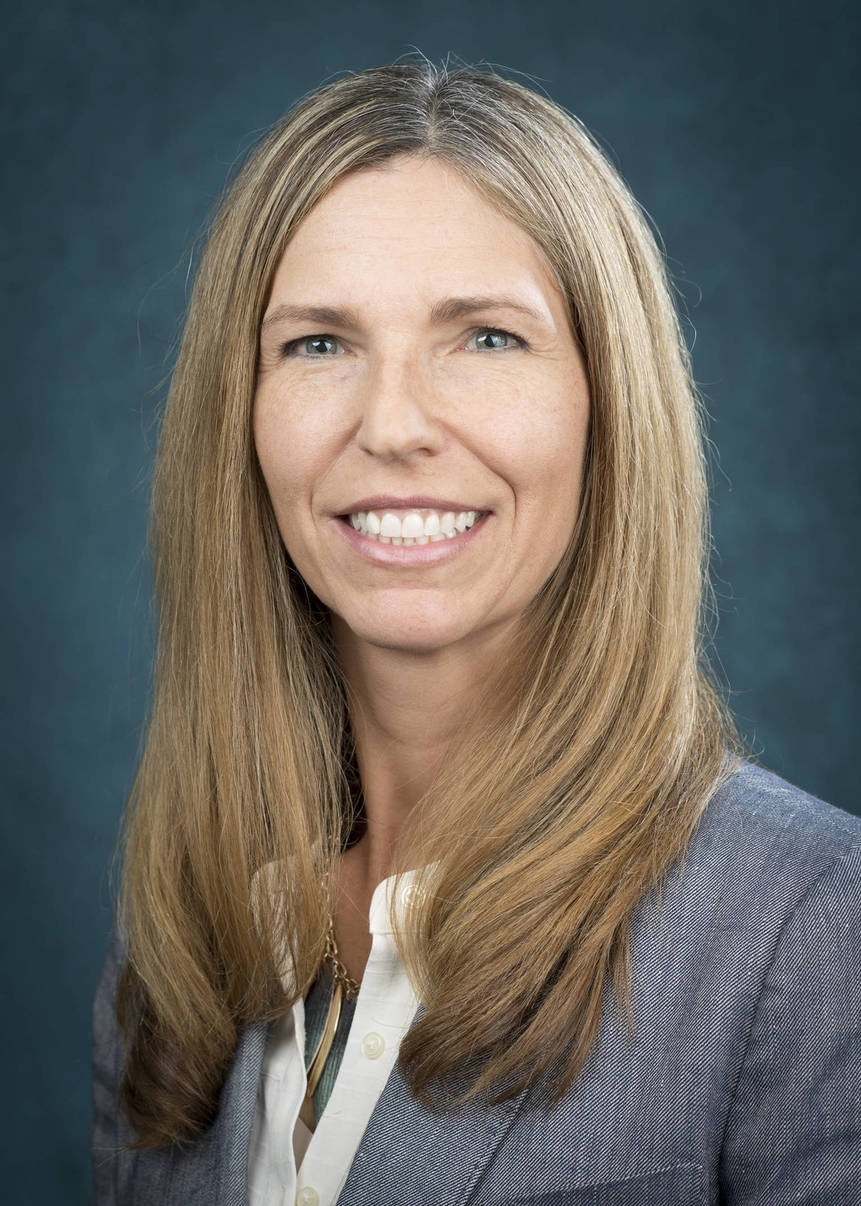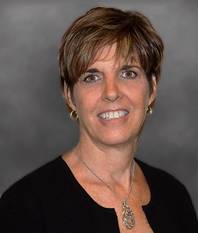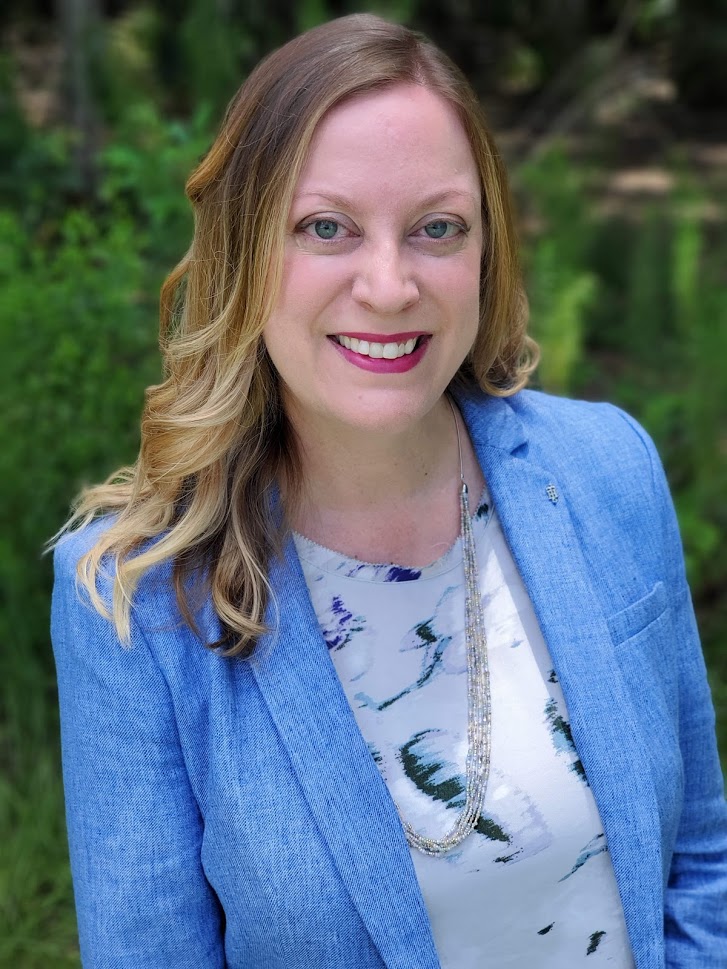WorkWell: An Interdisciplinary Online Approach to Postsecondary Transition for Young Adults with Autism in the Era of COVID-19
August 07, 2020 / Grace Billington / Tags: Autism, Workwell, Interdisciplinary
The WorkWell program was designed to address a need for increased work readiness among young adults with autism within the unique context of COVID-19 pandemic.
To effectively meet the diverse needs of this population, an interdisciplinary MCHHS team coordinated curriculum and research design for the camp. The team was led by:
Dr. Annemarie Connor (Department of Rehabilitation Sciences, Occupational Therapy)
Dr. Ellen Donald (Department of Rehabilitation Sciences, Physical Therapy)
Dr. Ann Tilman (Department of Counseling) 
This pilot virtual camp was then implemented by eight Marieb College graduate students and six undergraduate students coming from a variety of undergraduate programs within the university. All student facilitators gained interdisciplinary intervention research, group management, curriculum design, and service learning experience.
Participating FGCU students included graduate students, Analiese Aracri, Matthew Bell, Sydney Lett, Kara McCurry (Occupational Therapy), Fletcher Ballew and Maria Cuesta-Repice (Clinical Mental Health Counseling), Kathleen Reilly (School Counseling), Lauren Ramneth (School Counseling Transition), and undergraduate students, Nick Pollich and Ken Findley (Exercise Science), Betul Guner, Diana Portal, and Cassidy Smith (Psychology), and Kendall Miller (Education).
WorkWell engaged participants in activities focusing on work skills, as well as social-emotional and physical wellness as factors that contribute to work engagement and endurance. Examples of activities included mock interviews, mindfulness and stress-management, yoga, and specialized fitness plans. These activities were designed to relate across disciplines and translate to daily living.
According to preliminary feedback from participants and FGCU student facilitators, this holistic approach was perceived as a valuable and enriching experience. This study was made possible through the generous support of the Office of Undergraduate Studies, Communities in Transition Grant, and the FGCU Foundation.
Tag Cloud
Share Post
